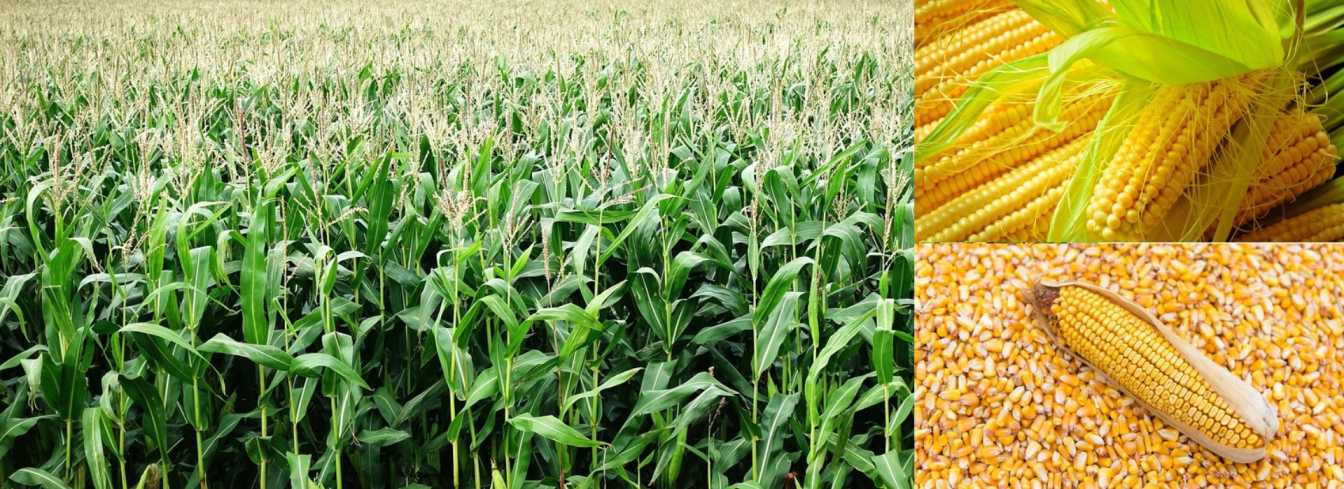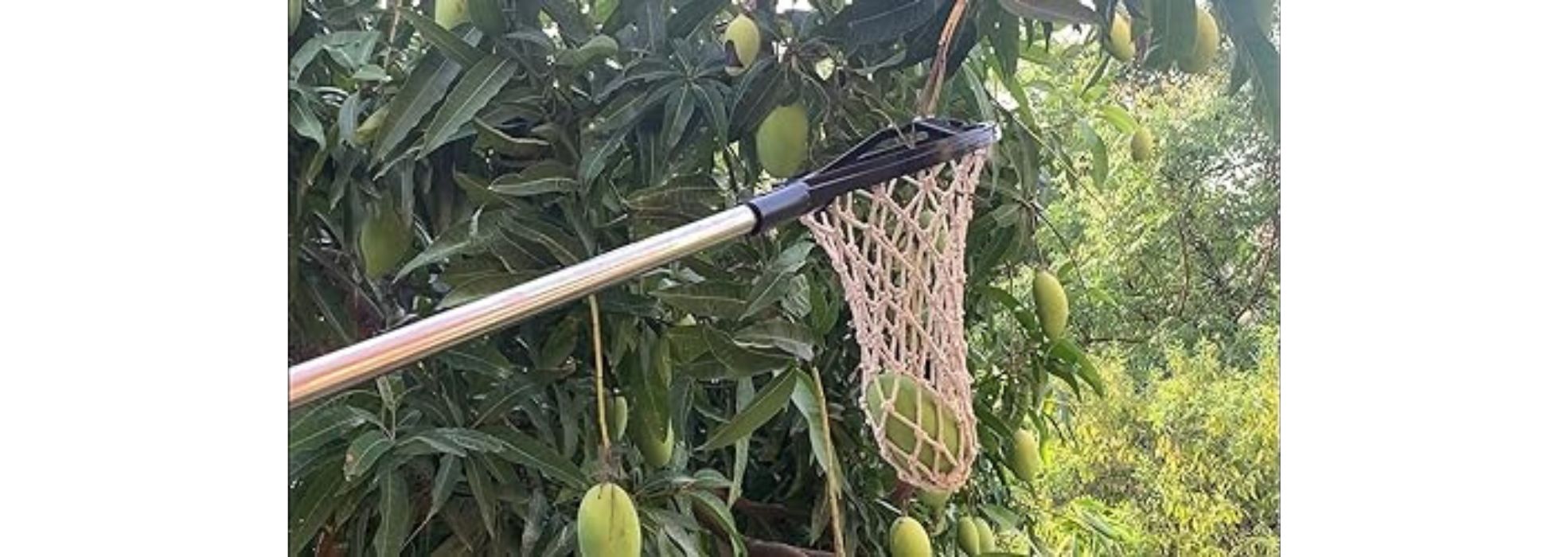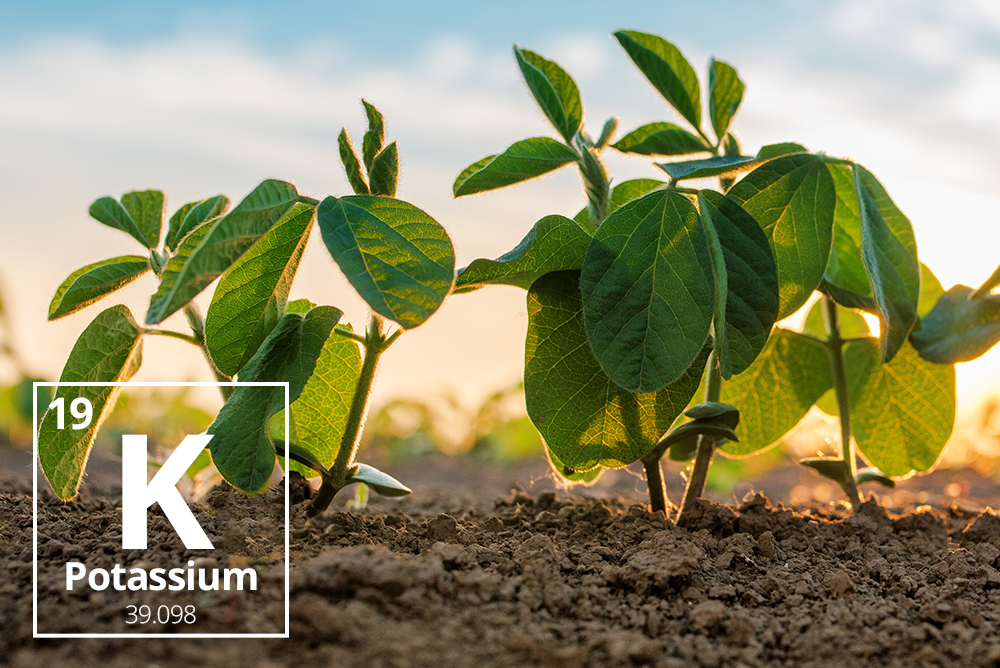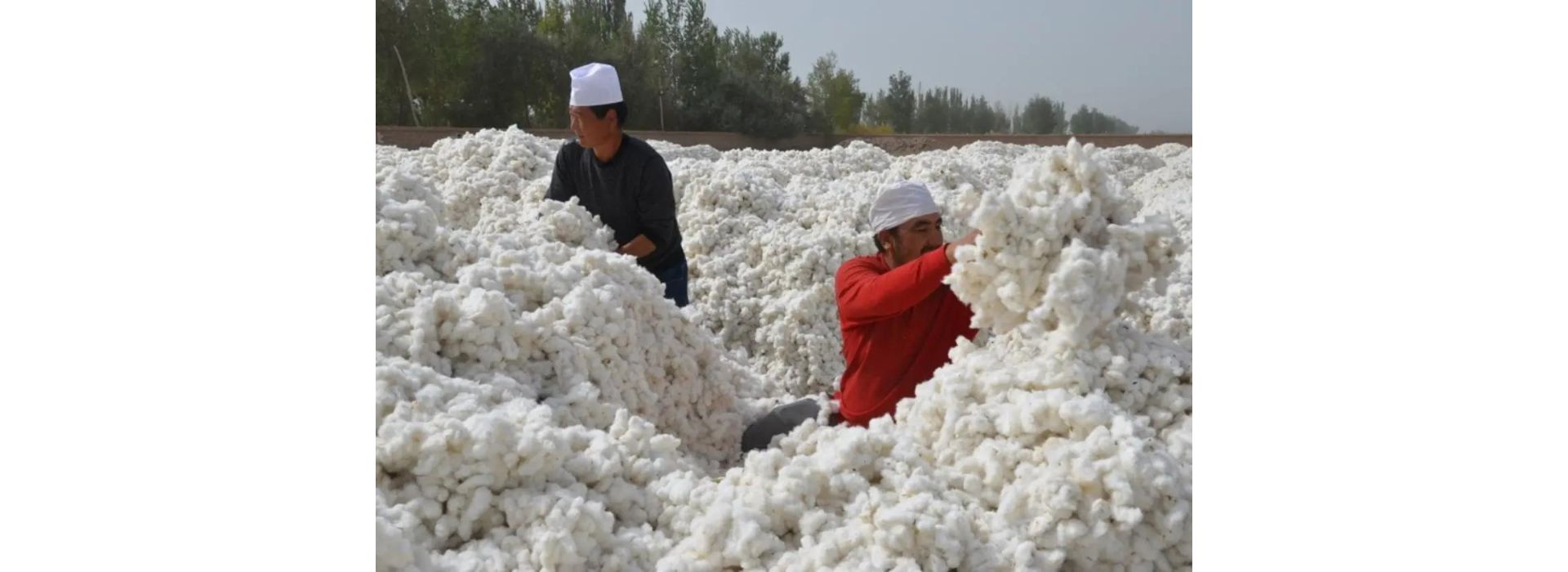Unlocking Corn’s Full Potential with Biologicals: Effective Ways to Boost Profitability
October 29, 2024Unlocking
Corn’s Full Potential with Biologicals: Effective Ways to Boost Profitability
In
recent years, the corn farming industry has seen an increasing interest in
biologicals—a broad category of products derived from natural sources like
beneficial microbes, fungi, and plant extracts. These products have the
potential to improve soil health, increase crop resilience, reduce chemical
input, and ultimately enhance profitability for farmers. For corn growers,
adopting biologicals can be a powerful way to improve yield, quality, and
profitability in a sustainable and eco-friendly way.
In
this blog, we’ll explore how biologicals work, their benefits for corn crops,
and practical tips for using them effectively to maximize profits.
I.
What Are Biologicals?
Biologicals
are naturally-derived inputs that include biofertilizers, biostimulants, and
biopesticides designed to enhance crop growth, soil health, and pest
resistance. Unlike traditional chemical fertilizers and pesticides, biologicals
offer a more sustainable approach to farming by working with natural processes
rather than disrupting them. Here’s a quick breakdown of the main types of
biologicals:
- Biofertilizers: These are microorganisms that boost
nutrient availability to plants by breaking down organic matter in the
soil or fixing nitrogen.
- Biostimulants: Typically derived from plant extracts,
amino acids, or algae, biostimulants improve plant health by enhancing
growth and stress tolerance.
- Biopesticides: Biological pest control products use
natural substances like fungi, bacteria, or plant extracts to control
pests and diseases.
In
corn farming, these biologicals can be used to strengthen root systems, improve
nutrient uptake, increase resistance to pests, and improve soil health—all of
which contribute to better yields and profitability.
II.
Benefits of Using Biologicals in Corn Farming
Biologicals
offer numerous advantages that go beyond traditional fertilizers and
pesticides, helping farmers maximize corn crop potential sustainably.
1.
Improved Soil Health
Biologicals
play a vital role in enhancing soil structure and fertility by promoting the
growth of beneficial soil microbes. Biofertilizers introduce microorganisms
that convert nutrients into forms plants can use, increasing nutrient
efficiency and reducing the need for synthetic fertilizers. Over time,
healthier soil leads to more resilient corn plants and better yields.
2.
Increased Nutrient Uptake
Certain
biologicals, like mycorrhizal fungi, help corn plants form a symbiotic
relationship with soil fungi, increasing the plant’s ability to absorb
essential nutrients like phosphorus, nitrogen, and potassium. This enhances
root development and boosts nutrient uptake, which is crucial for achieving
optimal growth and yields.
3.
Enhanced Crop Resilience to Stress
Corn
crops face various stresses, including drought, extreme temperatures, and soil
salinity. Biostimulants and certain microorganisms can improve the plant’s
tolerance to these stresses by triggering natural defense mechanisms. This
added resilience means that crops are less likely to suffer from environmental
stresses, leading to higher yields and reduced losses.
4.
Natural Pest and Disease Control
Biopesticides
offer a targeted approach to pest control, using natural agents to combat
specific pests and pathogens without harming beneficial insects or the
environment. For instance, certain bacterial strains in biopesticides can
target pests like corn rootworms and corn borers, which can otherwise devastate
yields.
5.
Reduced Chemical Input Costs
By
using biologicals to enhance soil fertility and control pests, farmers can
reduce their dependency on synthetic chemicals, leading to cost savings. Lower
chemical use is not only good for the environment but also helps farmers comply
with increasingly strict regulatory standards on pesticide and fertilizer use.
III.
Proven Tips for Using Biologicals Effectively in Corn Farming
Integrating
biologicals into a corn farming operation requires proper planning and
knowledge of best practices to achieve the best outcomes. Here are some
practical tips to help you get started:
1.
Choose the Right Biological Products for Your Soil and Crop Needs
Selecting
the appropriate biological products for your specific soil type, climate, and
crop requirements is crucial. Conduct a soil test to understand nutrient
levels, pH, and soil composition, then consult with an agronomist or biological
supplier to choose the best products. For example, if your soil is low in
nitrogen, a biofertilizer with nitrogen-fixing bacteria can be beneficial.
2.
Apply Biologicals at the Optimal Time
Timing
is key when using biologicals for maximum efficacy. For corn crops, it’s
typically best to apply biofertilizers at the early growth stages, such as
planting or pre-tasseling, to maximize nutrient uptake during the vegetative
phase. Biostimulants, on the other hand, can be applied throughout the growing
season to support stress tolerance and growth.
3.
Use Biologicals in Conjunction with Precision Farming Techniques
Biologicals
are most effective when combined with precision farming techniques, which allow
farmers to monitor crop needs in real-time. Precision farming can help you
determine the right amount of biological inputs to use, ensuring efficient
application. Tools like soil moisture sensors, remote sensing, and GPS mapping
can help track crop health and optimize the use of biological products.
4.
Rotate Biologicals with Other Pest Control Measures
For
long-term pest management, consider rotating biopesticides with other pest
control methods to prevent resistance build-up in pests. Integrated Pest
Management (IPM) strategies are effective at combining chemical, biological,
and cultural practices to keep pests under control sustainably. For example,
alternating between biopesticides and crop rotation can help reduce pest
resistance while promoting soil health.
5.
Store Biological Products Properly
Biologicals
are sensitive to environmental factors like temperature and light. Store them
according to the manufacturer’s guidelines, usually in cool, dark, and dry
places, to maintain their effectiveness. Proper storage will ensure the
biological agents remain viable and potent when applied.
6.
Monitor Results and Adjust as Needed
After
applying biologicals, monitor the results by observing crop health, yield, and
soil quality. Over time, adjustments may be necessary to fine-tune the product
type, application rate, or timing. Keep detailed records of your applications
and the results to determine what works best for your farm.
4.
Success Stories: How Biologicals Boosted Corn Profits
Across
the world, farmers have witnessed impressive results with biologicals. Here are
a few real-life examples of how these natural inputs are increasing
profitability in corn farming:
- Case Study
1: Improved Yield and Quality
A corn farmer in the U.S. Midwest adopted mycorrhizal fungi inoculants, which resulted in a 10% increase in yield and better corn quality. By improving phosphorus uptake, the plants developed stronger roots and higher stress tolerance, leading to a more robust harvest. - Case Study
2: Reduced Chemical Input Costs
In India, a group of corn farmers switched to biopesticides to combat corn borers, a common pest in the region. This move cut down pesticide costs by 40% and led to healthier crops, as the biopesticides were less harsh on the plants than synthetic chemicals. - Case Study
3: Enhanced Soil Health and Longevity
An agricultural cooperative in Brazil used biofertilizers to restore degraded soils. Over two growing seasons, the biological products improved soil organic matter by 20%, creating a foundation for sustained crop health and profitability.
These
success stories demonstrate how biologicals can have a significant impact on
yield, input costs, and long-term soil health, ultimately enhancing
profitability.
5.
The Future of Biologicals in Corn Farming
With
growing awareness and demand for sustainable agriculture practices, biologicals
are set to become an integral part of modern corn farming. As research
continues to develop new products and enhance existing ones, farmers can expect
even more targeted solutions that are effective, eco-friendly, and profitable.
Key
Trends to Watch:
- Advances in
Biotechnologies: As
biotechnology improves, new and more effective biological products will
become available, offering farmers an even wider range of solutions
tailored to specific soil and crop needs.
- Increasing
Focus on Soil Health: As
soil degradation becomes a critical issue, more farmers are likely to turn
to biologicals to maintain healthy, productive soils and ensure the
long-term viability of their farmland.
- Government
Support for Sustainable Farming:
With government programs increasingly promoting sustainable practices,
biologicals could see more widespread adoption as part of eco-friendly
farming policies and incentives.
Conclusion
Biologicals
offer corn farmers a sustainable, cost-effective, and environmentally friendly
way to improve yields, reduce chemical input costs, and boost profitability. By
choosing the right products, applying them at optimal times, and integrating
them with precision farming techniques, farmers can unlock the full potential
of their corn crops.
As
the agricultural industry continues to prioritize sustainability, adopting
biologicals can give farmers a competitive edge and ensure that their
operations are resilient, productive, and profitable for years to come.
At krishibazaar.in, you can find and buy various agricultural products. For agricultural guidance on selecting the most suitable products for your crops, please contact or WhatsApp at +917887880887






Guest reviews
No reviews found for this Blog